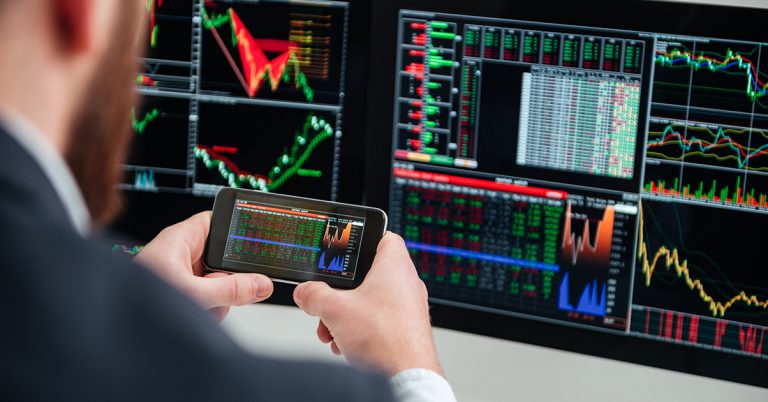Bread token (BRD) provides discounts and additional services to users of the eponymous wallet application. Bread became the first cryptocurrency wallet to introduce user loyalty and reward programs. The users of the wallet are about 650,000 clients from 150 countries of the world.
Bread Token (BRD)
The Bread (BRD) token was launched in December 2017. It is similar to the Binance exchange token, which allows you to save on fees for using the service. The BRD token allows you to receive discounts and provides access to additional services in the Bread app. For example, buying bitcoins through an app comes with a $ 5 fee, but the BRD token allows you to reduce the fee to $ 3. Simple storage of BRDs will also benefit its holders in the future like RVN to SHIB convert.
A total of 88,862,718 BRD tokens were issued:
- Approximately 2/3 were sold in the crowdfunding campaign.
- 900 BRD were sold for 1 ETH.
- In total, the developers raised $ 32 million.
In the future, users will be offered several ways to earn the remaining third of BRD. By talking about Bread on social media, answering surveys, or simply storing bitcoins in the Bread wallet, users will be able to earn BRD.
Bread team and progress
Bread, previously identified as Breadwallet, was established in 2015 by Aaron Voisin and Adam Trademan. Once “the first offline Bitcoin wallet for iOS” has grown into a company of 15 people.
In the future, the company intends to expand the list of countries whose residents can buy and sell bitcoins using their application paying attention to BRD price. They also plan to implement support for Ethereum and ERC20 tokens. Apparently, the most impressive characteristic might be the capacity to compete in new ICOs within the Bread app applying BRD tokens.
Bread wallet
Bread Wallet is a free iOS and Android app. During the installation process, you do not need to register or enter any personal data. After the download is complete, you can use your existing Bitcoin wallet or create a new one. If you create a new wallet, you will receive a so-called “paper key” – “a list of 12 words that can be used to restore access in the event of a lost or updated phone.” If in the future you decide to use another wallet, 12 words will allow you to generate a private key and transfer the cryptocurrency. Keys are only stored on your device, so you have no reason to worry about hacker attacks.
The simple interface presents the ability to send and receive bitcoins. In some countries, bitcoins can be bought directly from the app interface.
When making a transaction, you can choose between paying a “regular” or “economy” fee. The usual commission means the confirmation of the transaction within an hour, the economical one – 24 hours. Subject to change depending on the state of the bitcoin network.
Bread is a so-called hot wallet that has an internet connection and is suitable for the frequent movement of bitcoins. For long-term storage, hardware wallets like the Ledger Nano S.
Availability
Bread’s ultimate goal is to create a decentralized bank. Just as AirBnB doesn’t own hotels, and Uber doesn’t own cars, Bread doesn’t keep your money. The company’s headquarters are located in Zurich, but it provides its services all over the world.
Bread intends to enter into agreements with a variety of financial services to enable “buy and sell bitcoins, directly deposit bitcoin salaries, pay bills, buy and sell tokens, track crypto asset yields, and more. Bread intends to reduce customer dependence on traditional bank-issued fiat and bring them into the world of decentralized banking. ”
Instead of opening offices in each country and following their laws, Bread enters into agreements with partners around the world.


0 Comments